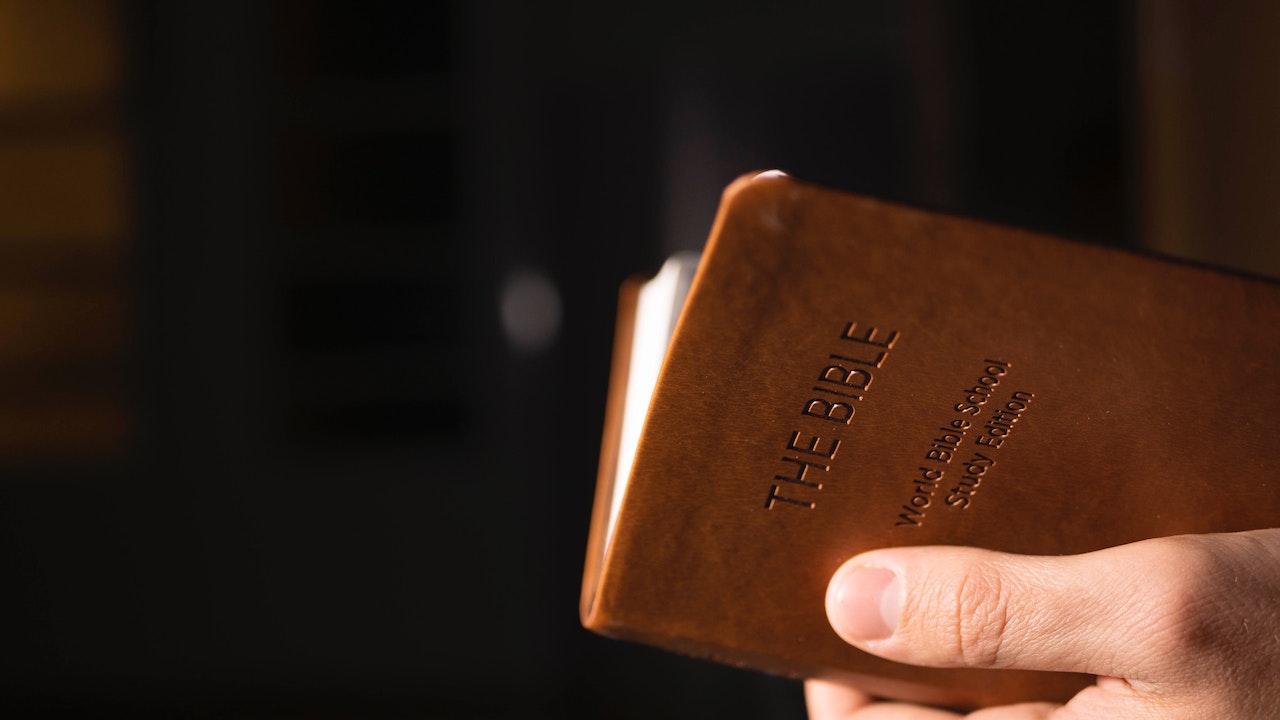Is It Acceptable for Christians: Is it ok To Wear Evil Eye as a Christian

Is it ok To Wear Evil Eye as a Christian
As a Christian, you may find yourself wondering, “Is it okay to wear the evil eye?” This is a valid question that requires careful consideration. The evil eye, also known as nazar or mal de ojo, is a symbol believed to protect against negative energy and bring good luck in many cultures. However, its origins are rooted in superstition and can be associated with beliefs contrary to Christian teachings.
Christianity teaches us to rely on the power of God’s grace and protection rather than amulets or symbols. While some Christians may argue that wearing the evil eye is harmless and simply a cultural expression, others believe that it conflicts with biblical principles of faith and trust in God alone. It’s important to remember that our faith should not be influenced by worldly practices but guided by the teachings of Jesus Christ.
Ultimately, whether or not it is acceptable for a Christian to wear the evil eye comes down to personal conviction and discernment. It’s crucial to seek guidance from Scripture, prayerfully consider your actions, and consult with spiritual leaders who can provide wise counsel based on biblical principles. Remember that as Christians, our focus should always be on reflecting Christ’s love and living according to His word.
The Origin and Meaning of the Evil Eye
The concept of the evil eye has a long history and is found in various cultures around the world. It is believed to be a curse or negative energy that can be cast upon someone through an envious or jealous gaze. The evil eye symbol, often depicted as an eye with dark colors and intricate designs, is thought to protect against this malevolent force.
While the belief in the evil eye predates Christianity, it has been incorporated into some Christian cultures over time. However, wearing an evil eye as a Christian raises questions and concerns for many believers. The debate centers on whether it aligns with Christian teachings and values.
As Christians, we are called to focus on love, righteousness, and faith in God. Some argue that wearing the evil eye may contradict these principles by promoting superstition or giving power to objects rather than relying solely on God’s protection. Others believe that wearing such symbols can be harmless if one’s faith remains firm and one does not attribute any inherent power or significance to them.
Ultimately, whether it is okay to wear an evil eye as a Christian becomes a matter of personal conviction and interpretation of biblical teachings. It’s essential for individuals to prayerfully consider their own beliefs and seek guidance from spiritual leaders or mentors when faced with such dilemmas.
Evil Eye Symbolism in Different Cultures
The evil eye symbol holds significant meaning across various cultures and societies. While its interpretation may differ, understanding the symbolism can shed light on whether it is acceptable to wear the evil eye as a Christian.
- Middle Eastern Culture: In Middle Eastern cultures, the evil eye is believed to protect against malevolent spirits and bring good fortune. It is commonly worn as jewelry or incorporated into home decor. Many Christians in these regions embrace the symbolic nature of the evil eye without associating it with any religious connotations.
- Mediterranean Region: The belief in the evil eye is also prevalent in countries surrounding the Mediterranean Sea. Here, it is seen as a talisman to ward off jealousy and negative energy. Christians living in these areas may view wearing the evil eye as a cultural tradition rather than a religious act.
- Greek Orthodox Christianity: In Greek Orthodox Christianity, there are mixed opinions regarding wearing the evil eye symbol. Some consider it superstitious and incompatible with their faith, while others see it merely as an accessory devoid of spiritual significance.
- Personal Beliefs: Ultimately, whether or not it is deemed acceptable for a Christian to wear the evil eye comes down to personal beliefs and convictions. Some Christians may choose to avoid symbols associated with other religions or superstitions altogether, while others may feel comfortable embracing cultural symbols that hold no spiritual weight for them.
It’s important for individuals to seek guidance from their church leaders or trusted spiritual advisors when grappling with questions related to symbols and practices that might intersect with their faith.


 Is 48Ft3Ajx Harmful? What You Need to Know
Is 48Ft3Ajx Harmful? What You Need to Know  The Ultimate Guide to Off-Piste Skiing in the Alps
The Ultimate Guide to Off-Piste Skiing in the Alps  Htsicret: Understanding Its Significance
Htsicret: Understanding Its Significance  Is Vallpo523.zvc5.0o Good For Skin?
Is Vallpo523.zvc5.0o Good For Skin?  The Importance of Effective Infotainment Solutions for Safety and Navigation
The Importance of Effective Infotainment Solutions for Safety and Navigation  Progression Guide for Successful Clash Royale Boosting for Beginners Who Want to Develop Their Account Faster
Progression Guide for Successful Clash Royale Boosting for Beginners Who Want to Develop Their Account Faster